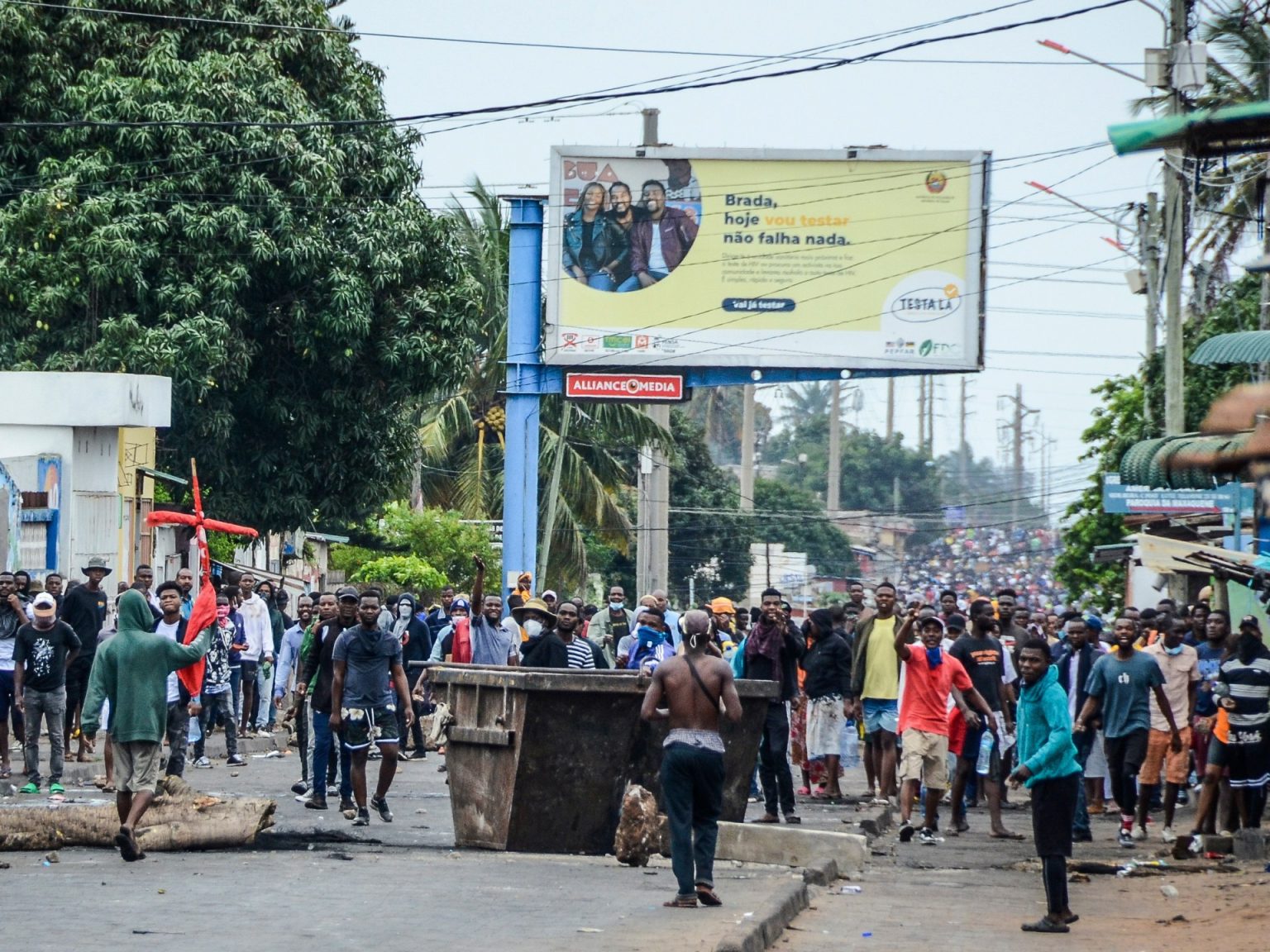The recent general elections in Mozambique have sparked controversy and unrest, culminating in the Constitutional Council’s affirmation of Frelimo’s victory and escalating fears of further violence. The disputed election results have further polarized the nation, with the opposition alleging widespread rigging and the ruling party clinging to its decades-long hold on power. This political standoff has led to deadly protests and clashes between security forces and demonstrators, painting a grim picture of a nation teetering on the brink of further instability.
The heart of the controversy lies in the stark contrast between the official election results and the claims of the opposition. While the Constitutional Council confirmed Frelimo candidate Daniel Chapo as the next president with 65% of the vote, opposition leader Venancio Mondlane insists he secured 53%, based on his party’s independent tally. This discrepancy, coupled with allegations of ballot stuffing, forged result sheets, and voter intimidation, has fueled widespread distrust in the electoral process and ignited protests across the country. International observers, including the European Union, have also noted irregularities, lending credence to the opposition’s claims and further exacerbating the political tensions.
The post-election violence has been particularly alarming, with reports of security forces using live ammunition against protesters. Human rights organizations like Amnesty International and Human Rights Watch have documented a grim toll of casualties, with estimates ranging from 110 to 130 deaths. The ongoing unrest harks back to the dark days of Mozambique’s civil war, raising concerns about the country’s fragile stability. The deployment of soldiers to quell the protests and the intermittent internet shutdowns have further heightened anxieties, creating an atmosphere of fear and uncertainty.
Adding fuel to the fire, the assassination of two senior opposition leaders just before the protests began further inflamed tensions and deepened suspicions of government involvement. Mondlane, fearing for his safety, fled the country and has continued to call for protests from abroad, using social media to mobilize his supporters. The government’s response has been to file charges against him for inciting unrest and attempting to seize power illegally, further polarizing the political landscape and hindering any prospect of dialogue or reconciliation.
The economic consequences of the political turmoil are also significant. The International Monetary Fund has downgraded Mozambique’s growth forecast due to the ongoing unrest and the recent devastation caused by Cyclone Chido. Businesses have been shuttered, tourism has plummeted, and regional trade has been disrupted, adding to the country’s economic woes. The closure of borders with neighboring countries, particularly South Africa, has further hampered economic activity and underscored the regional implications of Mozambique’s internal strife.
The future of Mozambique remains uncertain, despite the Constitutional Council’s final ruling. While the legal avenues for contesting the election results are exhausted, the underlying political and social tensions remain unresolved. The opposition’s rejection of the official results, coupled with Mondlane’s calls for continued resistance, suggests that the unrest is unlikely to subside. The government’s heavy-handed response, including the deployment of military forces and restrictions on internet access, risks further escalating the violence and deepening the divide between the ruling party and the opposition. The potential for further bloodshed and instability casts a long shadow over Mozambique’s future, raising concerns about the country’s ability to navigate this turbulent period and emerge as a stable and prosperous nation. The international community’s role in mediating the conflict and promoting dialogue will be crucial in preventing further escalation and fostering a peaceful resolution to the crisis.

